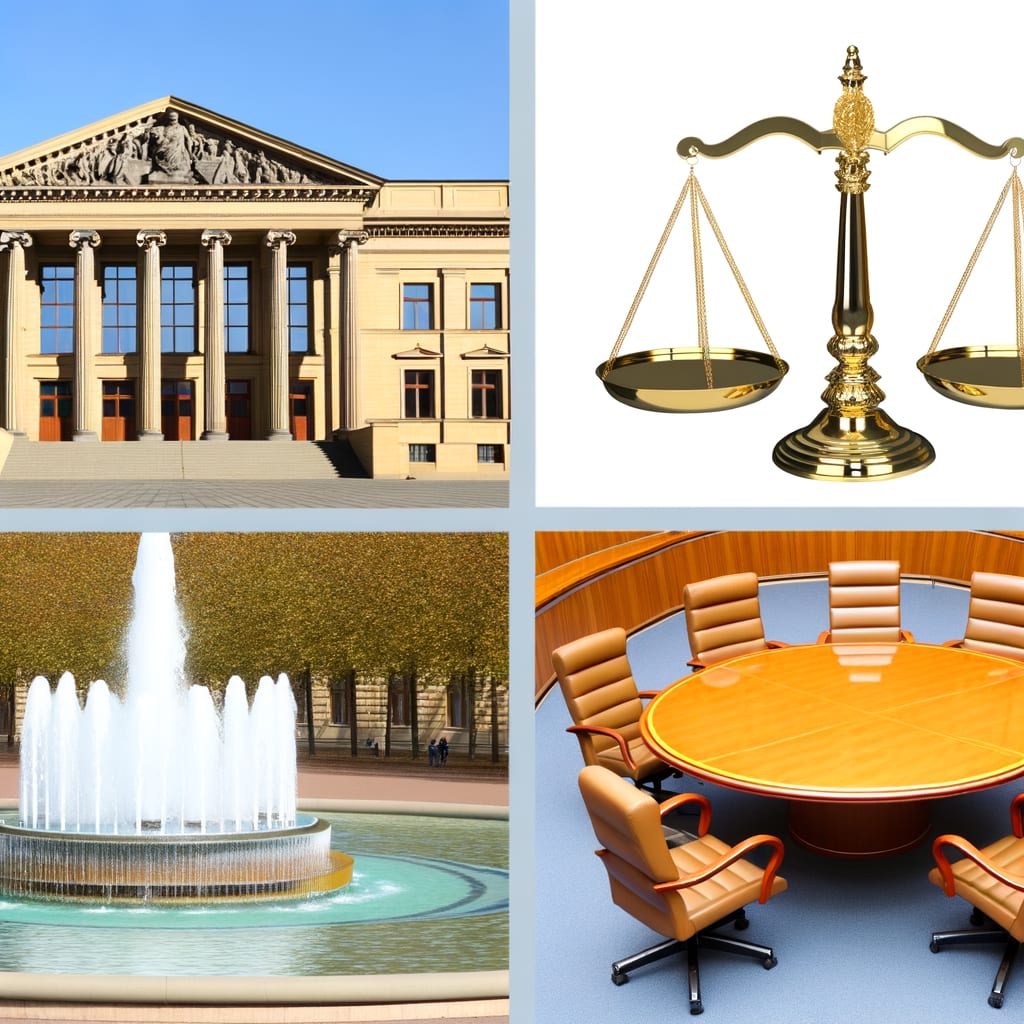UN and EU Reinstate Comprehensive Sanctions on Iran Amid Nuclear Disputes
In a significant turn of events, the United Nations (UN) and the European Union (EU) have reimposed comprehensive sanctions on Iran, including an arms embargo, citing the country's failure to comply with its nuclear commitments. The development has reignited international tensions surrounding Iran's nuclear program and elicited a variety of responses from global powers.
Background and Context
The decision to reimpose sanctions follows the collapse of nuclear negotiations between Iran and Western powers. The UN Security Council voted against a resolution by Russia and China to delay the reimposition of sanctions on Iran during the 80th UN General Assembly. France, Germany, and the UK, collectively known as the E3, have taken the lead in triggering the snapback mechanism after a 30-day window for de-escalation expired. Meanwhile, Iran has labeled the move as immoral and illegal,
stating that it undermines international law and diplomacy.
Key Developments
The sanctions reinstated by the UN and the EU are sweeping and far-reaching. They include freezing the assets of the Iranian Central Bank and other Iranian banks, as well as imposing travel bans on certain Iranian officials. The EU sanctions specifically target businesses, entities, and individuals who directly or indirectly contribute to the Iranian nuclear program or the development of ballistic missiles. They also include restrictions on buying crude oil, the sale or supply of gold, and certain naval equipment.
Iran has promptly responded to these developments. The country's currency has hit a record low following the collapse of the nuclear deal. Iran has recalled its ambassadors to Britain, France, and Germany for consultations and has expressed that it will never compromise on its sovereignty, rights, or security.
Global Reactions and Implications
The reimposition of sanctions has elicited a range of responses globally. Johann Wadephul, the German FM, stated that there was 'no choice' but to sanction Iran due to their failure to comply with nuclear commitments. Ukrainian President Zelensky echoed this sentiment, asserting that strict sanctions must be imposed immediately whenever someone undermines or threatens international peace and security.
However, Russia warned decisively that it would respond to any NATO 'aggression.' Moscow and Beijing also sponsored a resolution calling for a six-month extension of sanctions relief for Iran, which was ultimately voted down by the UN Security Council.
In a joint statement, the E3 emphasized that the step “is not the end of diplomacy,” urging Iran to refrain from any escalatory action and to return to compliance with its legally binding commitments.
Current Status
Despite the reinstated sanctions, Iran has expressed that it is still willing to talk
to the US. However, the move has triggered widespread concerns over the future of the Joint Comprehensive Plan of Action (JCPOA) agreement, with some considering it effectively closed. The situation remains fraught with tension, and the international community closely watches further developments.

